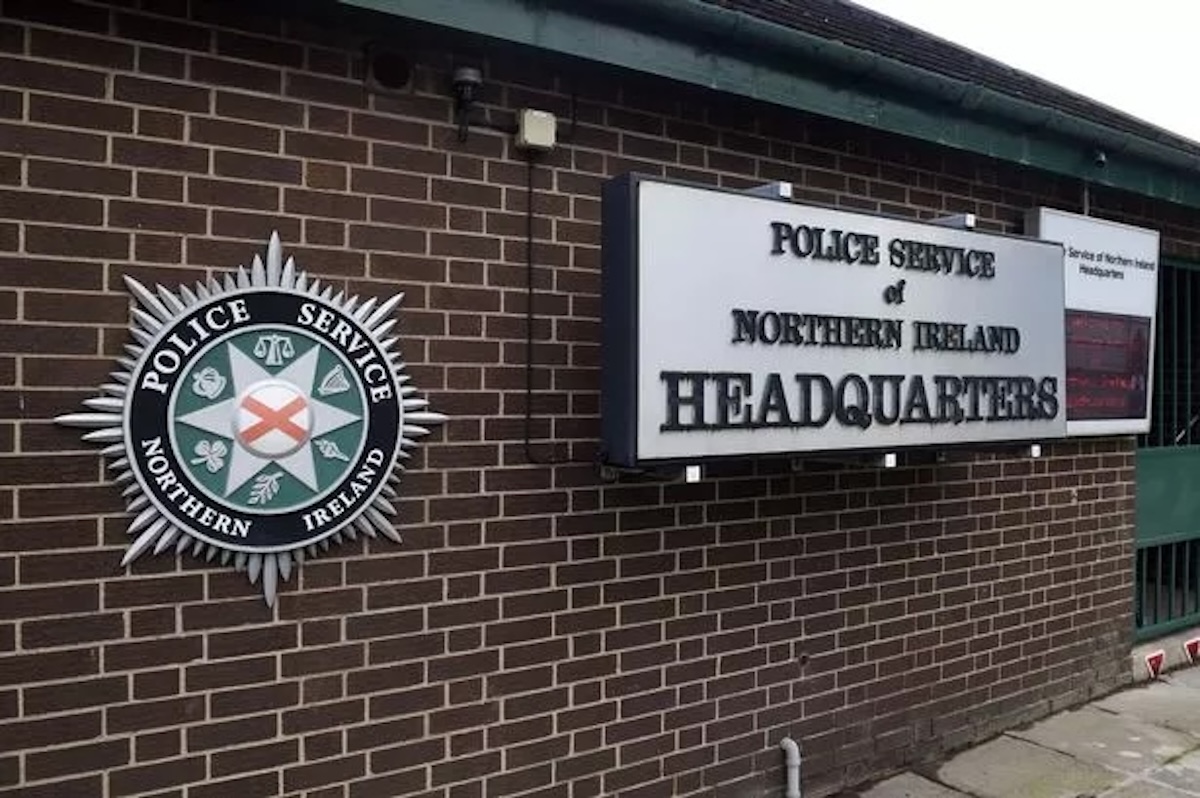
A Stasi-like unit within the PSNI monitored journalists’ and lawyers’ communications on a dedicated computer system to prevent details of the spying operation becoming public, a former top PSNI boss has admitted.
Details of the scandal came to light earlier this year through the London-based Investigatory Powers Tribunal (IPT), which is examining allegations that two investigative journalists, Barry McCaffrey and Trevor Birney, were subjected to unlawful surveillance.
The IPT looks at complaints from people who believe they have been the victim of unlawful covert interference.
It has emerged that the PSNI has made more than 800 searches for details of the communications data of journalists and lawyers.
Alan McQuillan, who left the PSNI in 2003, said there should be a public inquiry. He described the PSNI behaviour as “completely wrong and completely unethical”.
Mr McQuillan told the BBC that he had been informed the practice of operating a separate snooping office carried on for several years from about 2011.
“This is so bad, so awful, there needs to be a public inquiry,” he said. Hundreds of phones were being monitored by the unit, which “operated from a separate office with its own laptop, completely outside other force computer systems”.
“In theory this should have been focusing on misconduct by police officers and allegations some officers were leaking information to journalists,” Mr McQuillan said.
“But it then began to spread out into monitoring the phones of journalists and lawyers,” he said.
Sinn Féin Assembly member Gerry Kelly, who sits on the Policing Board, said Mr McQuillan’s comments were “deeply concerning.”
“Additional revelations about unlawful surveillance will cause more damage to the PSNI’s reputation if true. There is a growing view that a public inquiry is the only way to establish full truth.”
A leading human rights lawyer has also raised concerns over the scale of the PSNI surveillance operation.
Kevin Winters believes his firm may be on a list of “troublemaker” firms – the term has been used by the PSNI to describe journalists who have sought information about the force’s illegality and collusion.
It is believed that informers have also been used to target journalists, law firms and non-governmental organisations.
Mr Winters said he has filed a complaint with the IPT in London, contacted the Policing Board and asked the PSNI if his legal practice has been the subject of any requests for covert surveillance and information gathering,
“I have always operated on the basis that a lot of our professional work has been listened to and observed,” he said.
“It’s been a way of life for years here. The latest revelations serve to confirm that heightened if unnatural state of awareness.”
Mr Winters said the surveillance could be viewed as part of a wider agenda.
“I see this unnerving evidence of systemic intrusion challenging lawyers and others as the latest outworkings of a campaign of state vilification of the integrity of work undertaken to protect human rights,” he said.
“It’s a depressing reminder that a lot of our work collectively has always been viewed with suspicion and scepticism.”
The senior lawyer said the “easiest way to dispel much of the suspicion around these issues is to have a process of accountability”.
“Anything less than a public inquiry will only fall way short of expectations,” he added.
![[Irish Republican News]](https://republican-news.org/graphics/title_gifs/rn.gif)
![[Irish Republican News]](https://republican-news.org/graphics/title_gifs/harp.gif)

